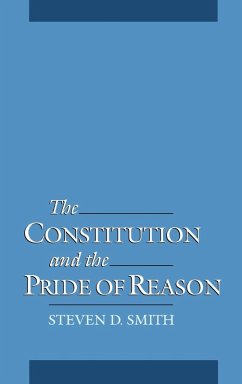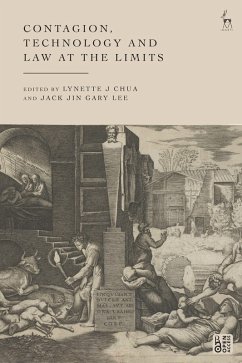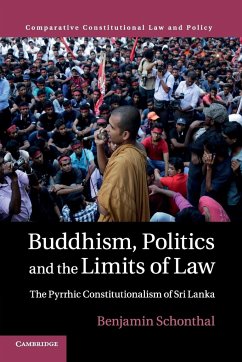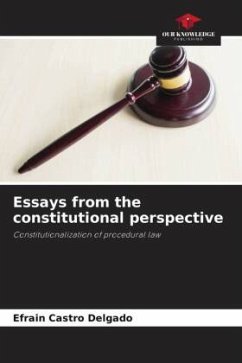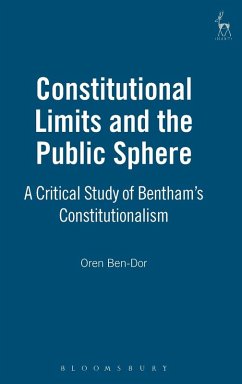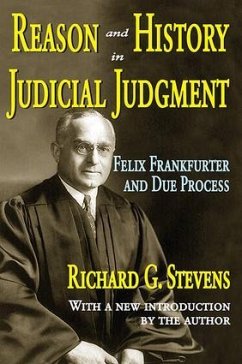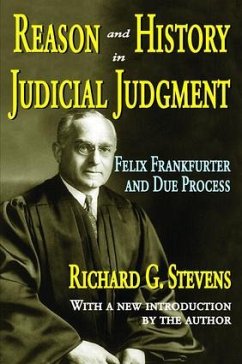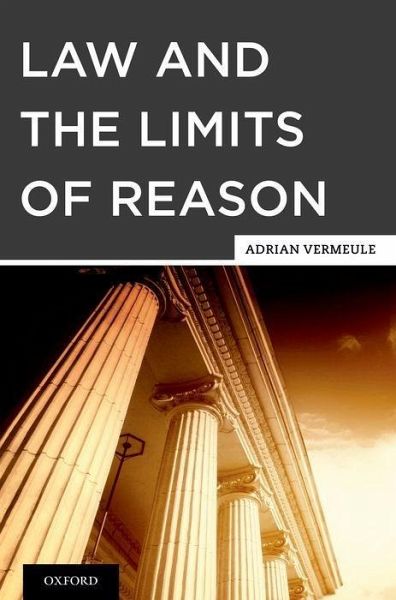
Law and the Limits of Reason
Versandkostenfrei!
Versandfertig in 1-2 Wochen
66,99 €
inkl. MwSt.
Weitere Ausgaben:

PAYBACK Punkte
33 °P sammeln!
Human reason is limited. What are the consequences of this fact for the contested lawmaking claims between courts, legislatures and the executive branch? In light of the limits of reason, how should legal institutions be designed? In Law and the Limits of Reason, Adrian Vermeule criticizes the view that the limits of reason counsel in favor of judicial lawmaking in the style of the common law. He argues that there is no logical connection between the limits of reason, on the one hand, and the superiority of common law or of judge-made constitutional law on the other. The relatively small number of judges on relevant courts, their limited informational base and generalist rather than specialized skills, ensure that judicial reason is itself sharply limited and that the argument to judicial lawmaking from the limits of reason outruns the logical, causal, and evidentiary support. Instead, Adrian Vermeule proposes and defends a "codified constitution" - a regime in which legislatures have the primary authority to develop constitutional law over time, through statutes and constitutional amendments. Precisely because of the limits of human reason, large modern legislatures, with their numerous membership, complex internal structures for processing information and their abundant informational resources, are the most effective lawmaking institutions. Law and the Limits of Reason, now in paperback, serves as a thought-provoking companion to any constitutional law course of study.
Law and the Limits of Reason asks "what are the consequences of recognizing the limits of reason within the legal system?" In particular, what are the consequences for the allocation of lawmaking authority among judges, legislators, and administrative agencies or executive officials? Vermeule examines the conditions under which the limits of reason support a greater or lesser allocation of authority to oneinstitution or another.




